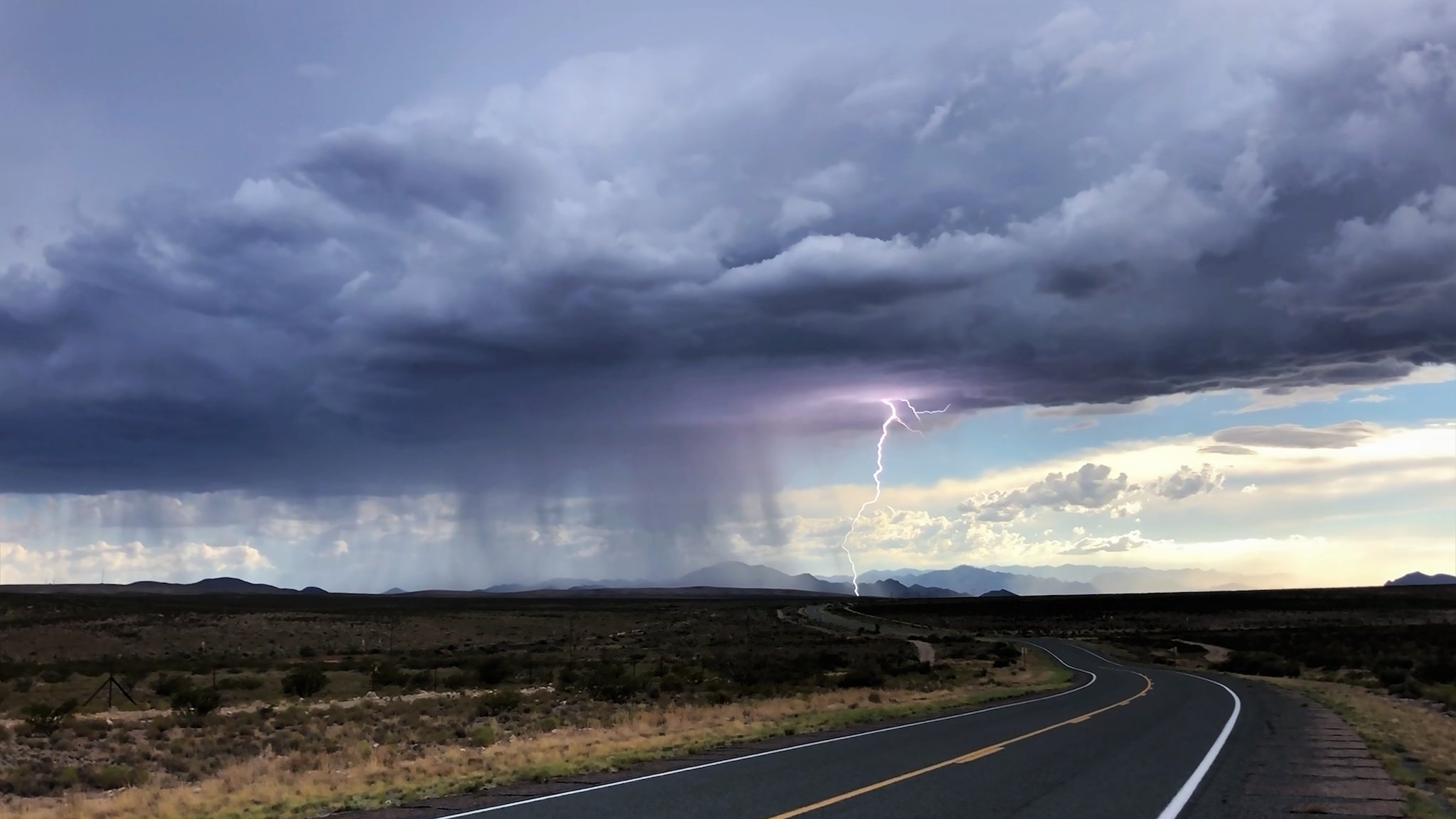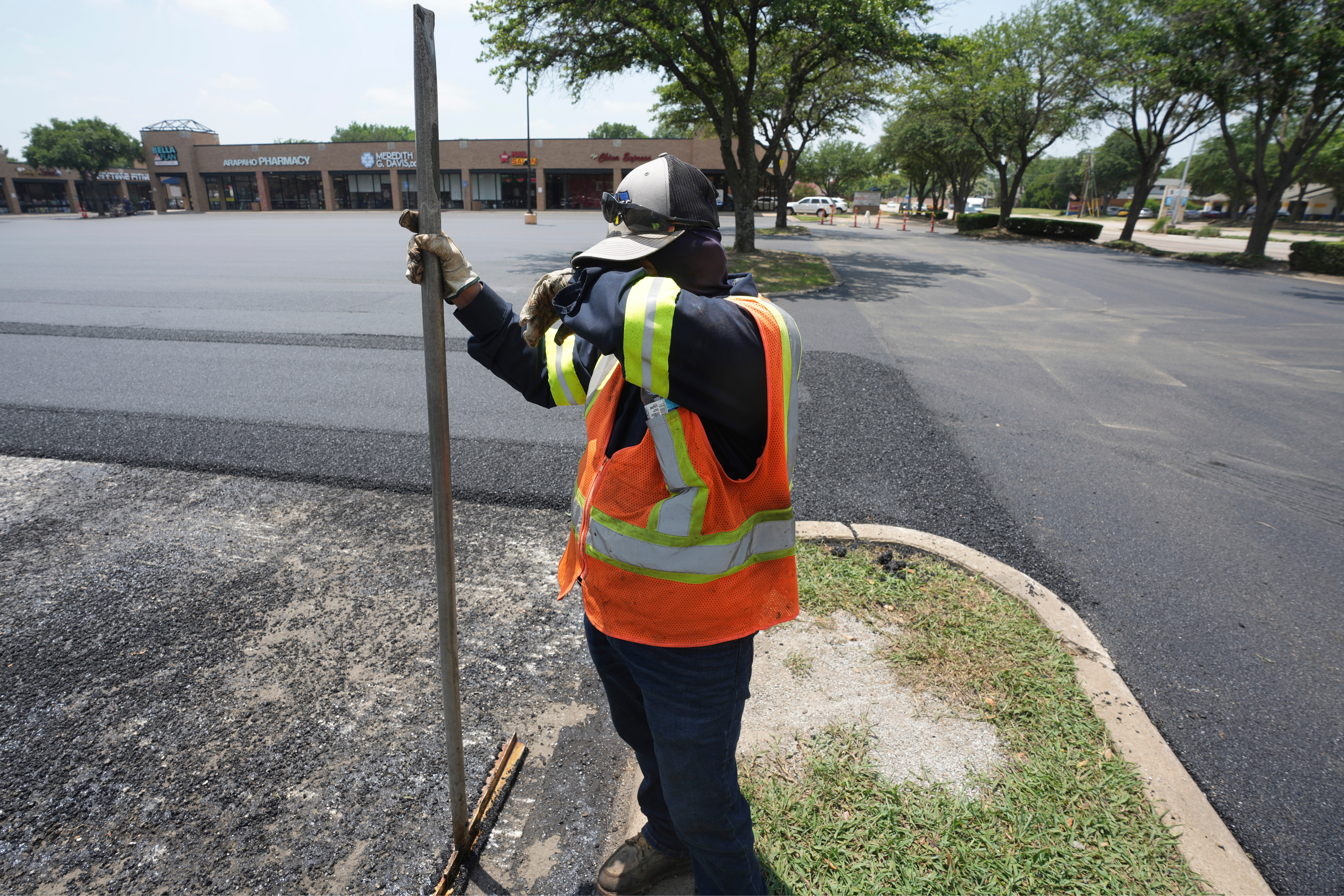
There Goes the Sun

A version of this story ran in the April 2016 issue.

The sun city may soon be charging its residents extra for harnessing the sun’s energy. El Paso Electric (EPE), the city’s only electric provider, is proposing to charge customers with solar panels on their rooftops an additional $11 each month. The fee will affect about 625 El Paso residents who have installed or applied for solar panels after August 10, 2015.
El Paso Electric joins a growing number of utilities nationwide that treat solar as a threat to their businesses. The utilities contend that solar customers are getting a free ride when they use the poles and wires to feed power back to the grid. Ultimately, non-solar users are subsidizing their sun-worshipping neighbors, the argument goes.
Initially, EPE proposed charging solar customers higher rates. When that proposal flopped, partly due to the local opposition, EPE then proposed a flat fee of up to $11 depending on the resident’s power consumption.
“It’s just a different way to stick it to solar users,” said Mona Blaber, a spokesperson for the Sierra Club’s Rio Grande chapter. She said the proposal would especially harm middle-income residents hoping to save money on their electricity bills.
George De La Torre, an EPE spokesperson, said the company had received national recognition for its utility-scale solar systems, which provide renewable energy to all its customers. In 2016, EPE plans to provide customers with the option to receive power from a new solar facility, he said.
Studies have found that utilities have more to gain than lose by encouraging solar use. During times of peak demand, power companies typically have to pay higher rates to buy power from the market. Since residential solar users generate the most energy in the middle of the day when the sun is beating down, the excess energy helps meet demand at reduced costs. For instance, a 2013 study of 175 Austin homes found that during peak hours, homes with solar panels on average reduced their demand by more than half.
If the solar fee is approved by the Public Utility Commission of Texas, it could send a strong signal to municipally owned utilities, electric cooperatives and investor-owned utilities under the purview of the commission, solar advocates say.
A grassroots group of environmentally minded residents are fighting the surcharge and they have the support of state Senator José Rodriguez, D-El Paso, who said the potentially precedent-setting case could disincentivize residents from adopting solar. El Paso has seen a marked increase in rooftop solar in recent months partly because solar providers have offered attractive package deals that include energy-efficiency upgrades. In a public statement, Rodriguez said he worries those solar customers “may have invested substantial money installing solar, expecting to recoup that investment in monthly energy savings.
“Now, their financial calculation is no longer valid. This is unfair,” he said.
EPE is hoping the Public Utility Commission will follow the lead of Nevada regulators who approved a $40 fee for most solar customers earlier this year. The move resulted in SolarCity, the biggest solar installer in the country, announcing it was leaving the state.
In late March, EPE reached a settlement with a coalition of cities, including El Paso, and a group of industrial businesses that will be affected by the rate hike. The company’s request must ultimately be approved by the Public Utility Commission before the rate increase takes effect.


